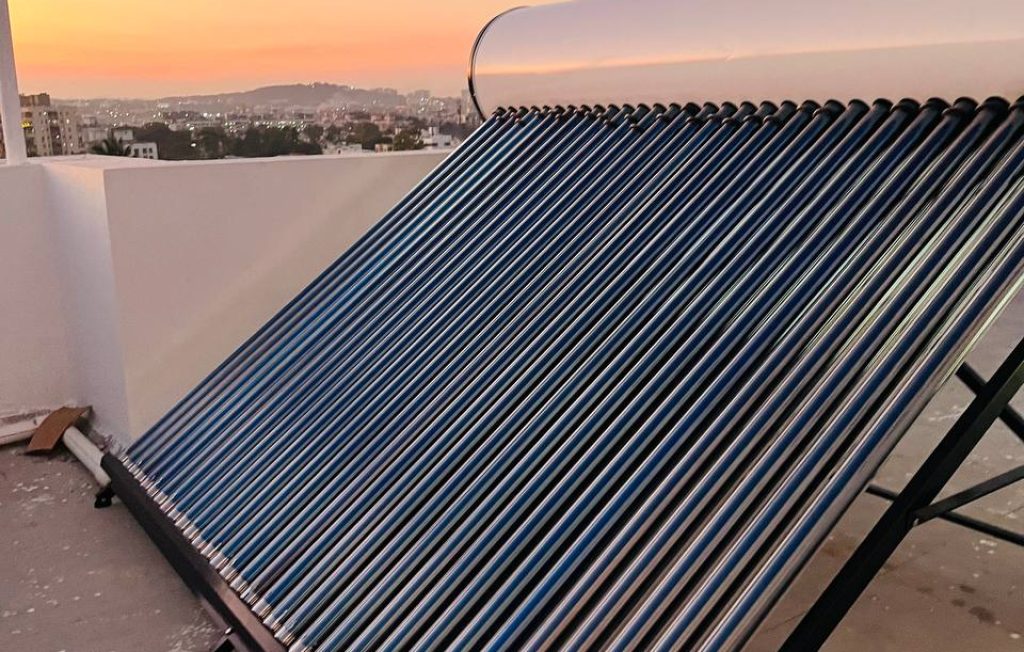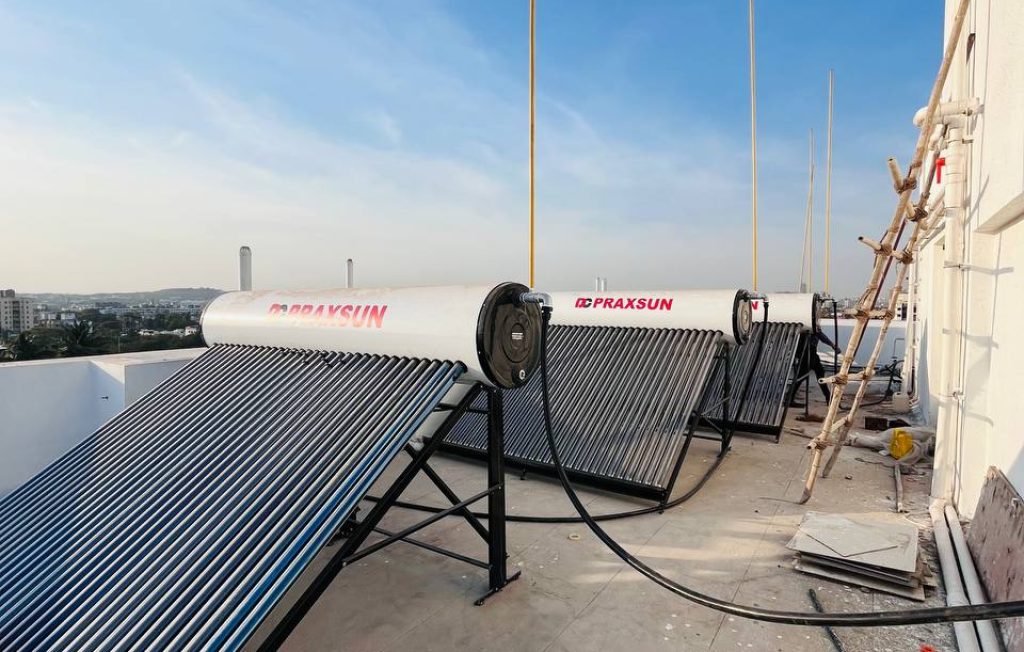Discover Worry-Free Solar Solutions for a Sustainable Tomorrow. Achieve Self-Sufficiency and Lower Electricity Bills Today!


An on-grid solar system, also known as a grid-tied or grid-connected solar system, is a solar power system that is connected to the electrical grid.
An off-grid solar system, also known as a standalone solar system, is a solar power system that operates independently of the electrical grid.
Discover Worry-Free Solar Solutions for a Sustainable Tomorrow. Achieve Self-Sufficiency and Lower Electricity Bills Today!
Office No. 505, Narayan Chambers, Bhekrai Nagar, Hadapsar, Pune – 412308
© Suryaratna Engineering Solutions Pvt. Ltd. (2024)